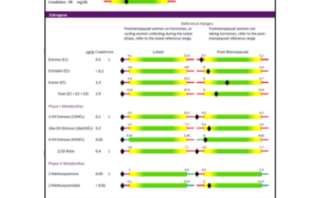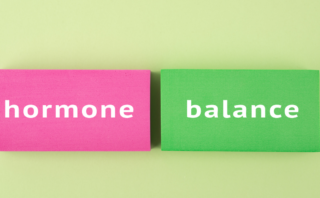Getting Pregnant After 35
The patterns of childbearing have changed dramatically over the last 30 – 40 years. Many women are waiting until they are 35 or older before they have their first child.
Advances in medicine have contributed to these changes in childbearing patterns as well. Unfortunately, many people have been convinced that conceiving after the age of 35 is an almost impossible task and if it occurs, the pregnancy will be filled with complications and birth defects.
NOT TRUE!
Women who desire to conceive in their late thirties or forties can find reassurance that everything turns out fine and they are blessed with the children they hope for in the majority of cases.
At the beginning of puberty a woman’s ovaries contain almost half a million eggs. This number will decrease as women age and by the time menopause comes, there are no eggs remaining. Most women have decreased fertility levels in the 8 to 10 years leading up to menopause, even though there are still tens of thousands of eggs remaining. So, why, during those years, does a woman’s fertility decrease?
One factor is that the DNA contained within the eggs become less stable. Another is that a woman’s eggs are generally healthier the younger they are. The important fact here is a woman’s eggs do not have an expiration date! There never comes a time when the eggs become incapable of being fertilized or implanting.
Like the rest of her body, a woman’s eggs react and change according to their surroundings and external factors. They will respond negatively to inferior nutrition, stress and toxins. And, they respond positively to a healthy, pure lifestyle.
Women in their 40’s are often turned away from ART (Assisted Reproductive Therapy) mainly due to the fact that their age and their, older, less fertile ovaries. Hormones administered during ART’s are less likely to cause the desired reaction in older women because their eggs have become less receptive to hormonal stimulation. They produce fewer eggs and those that are produced will have limited potential for fertilization due to the toughening of the egg’s outer shell.
So, if this is you, what can you do? The first step is to ensure that the body is perfectly maintained for peak efficiency. Our body’s ability to repair cells and to resist illness can be hugely improved by making alternations to our environment. Exercising, reducing stress, eating a balanced diet of organic foods and taking good quality herbal and nutritional supplements are all essential early steps in the process.
- Eat alkaline foods
- Eat plenty of essential fatty acids
- Eat more cruciferous vegetables
- Eat organic foods and hormone-free meats
- Eliminate processed foods
- Eliminate milk products
- Avoid junk food
- Reduce stress
- Sleep more!
There is much that can be done to increase your chances for conceiving after 35. Contact us for more information and to set up a complimentary consultation to see what we can do to increase your chances for conception.
Blessings!





